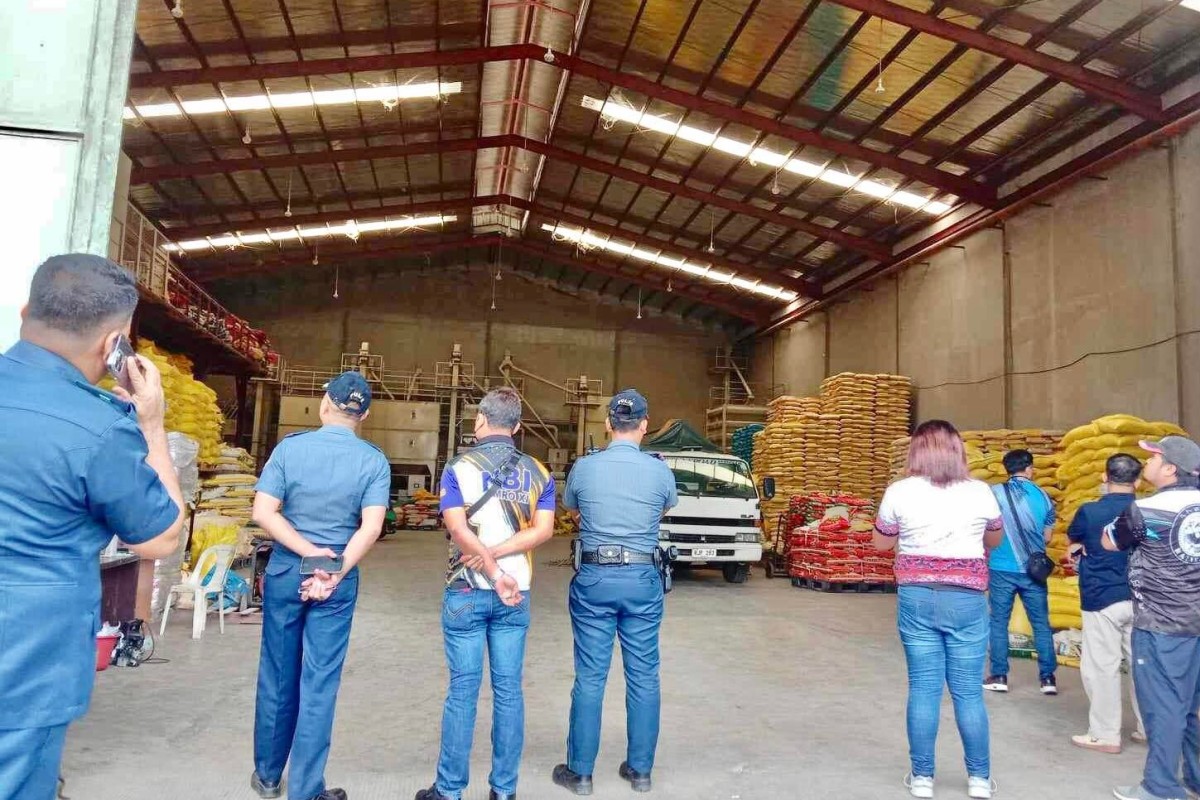DAVAO CITY (PIA) -- The Special Inter-Agency Task Force on Price and Supply Monitoring and Enforcement (SITF-PSME) for Davao Region on Tuesday, September 5, visited rice importers' warehouses here to monitor rice supply and prevent hoarding.
This action was taken in response to the issuance of Executive Order No. 39, which sets price ceilings at P45 per kilogram for well-milled rice and P41 per kilogram for regular milled rice.
Among the alleged reasons for the rising price of rice despite its steady supply is practice of illegal rice manipulation such as hoarding and collusion among industry cartels.
Warehouses of the three among the six accredited rice importers in Davao have been inspected for monitoring by the special task force. These importers were identified as major distributors of imported and local rice in Davao Region, as well as to its neighboring areas.
Kendrick Ng of J Agro Traders stressed that there is no hoarding in their warehouses stating that they have larger volume last year than this year.
“Pagstart sa month of July, pag declare sa India na export ban sila, automatic 100, 200 pesos per day ang gisaka until nag stable na lang siya didto (At the start of the month of July, when India declares

ban on exportation, the price increased automatically to 100, 200 pesos per day, until it stabilizes there),” Ng said.
When asked about the imposition of a mandated price ceiling, Ng said that he has no choice but to sell his rice lower than the cost of acquisition.

“Masking dili namo sala sir na nakapalit mi ug mahal kasi naga buy lang pud mi sa kung unsa lay gina offer sa amoa na price (Even if it is not our fault, we bought it in a higher price because we are just buying for the price offered to us),” he added.
According to SITF-PSME team, they will also monitor wet markets in the city to ensure compliance with the implementation of the mandated price ceiling of rice.
Republic Act 7581, otherwise known as Price Act of the Philippines, sets the penalty for violators of the mandated ceiling price.
Accordingly, an imprisonment ranging from one to 10 years and a fine ranging from P5,000 to P1 million can be meted upon from violators of the mandated
ceiling price, while those involved in price manipulation can be in jail from five to 15 years and be fined from P5,000 to P2 million.
To report rice retailers and sellers who fail to adhere to the prescribed rice price cap, consumers can report to DTI through Tel. No. 2240511 or email at r11@dti.gov.ph and the nearest DTI provincial offices. Likewise, the public may report to Department of Agriculture through Telephone No. 2263625 local 3005 or email at darfoxi.ored@gmail.com.
Meanwhile, President Ferdinand R. Marcos Jr.assured that the government will extend assistance to rice traders and retailers who will be affected with the implementation of EO 39 which took effect on September 5, 2023. (MVB/MLU/PIA Davao)



